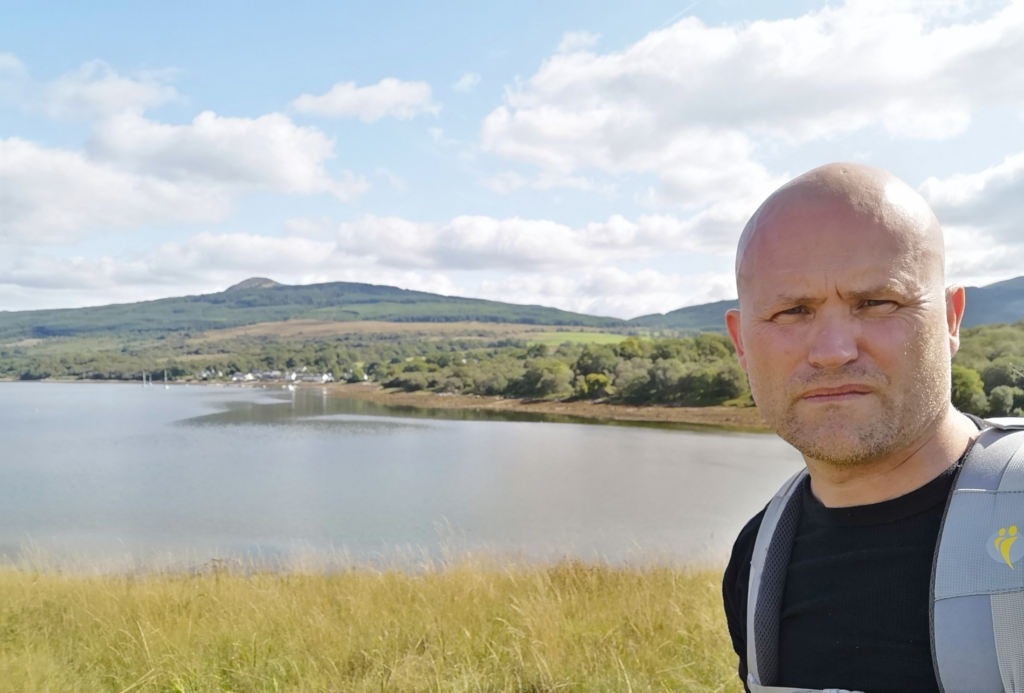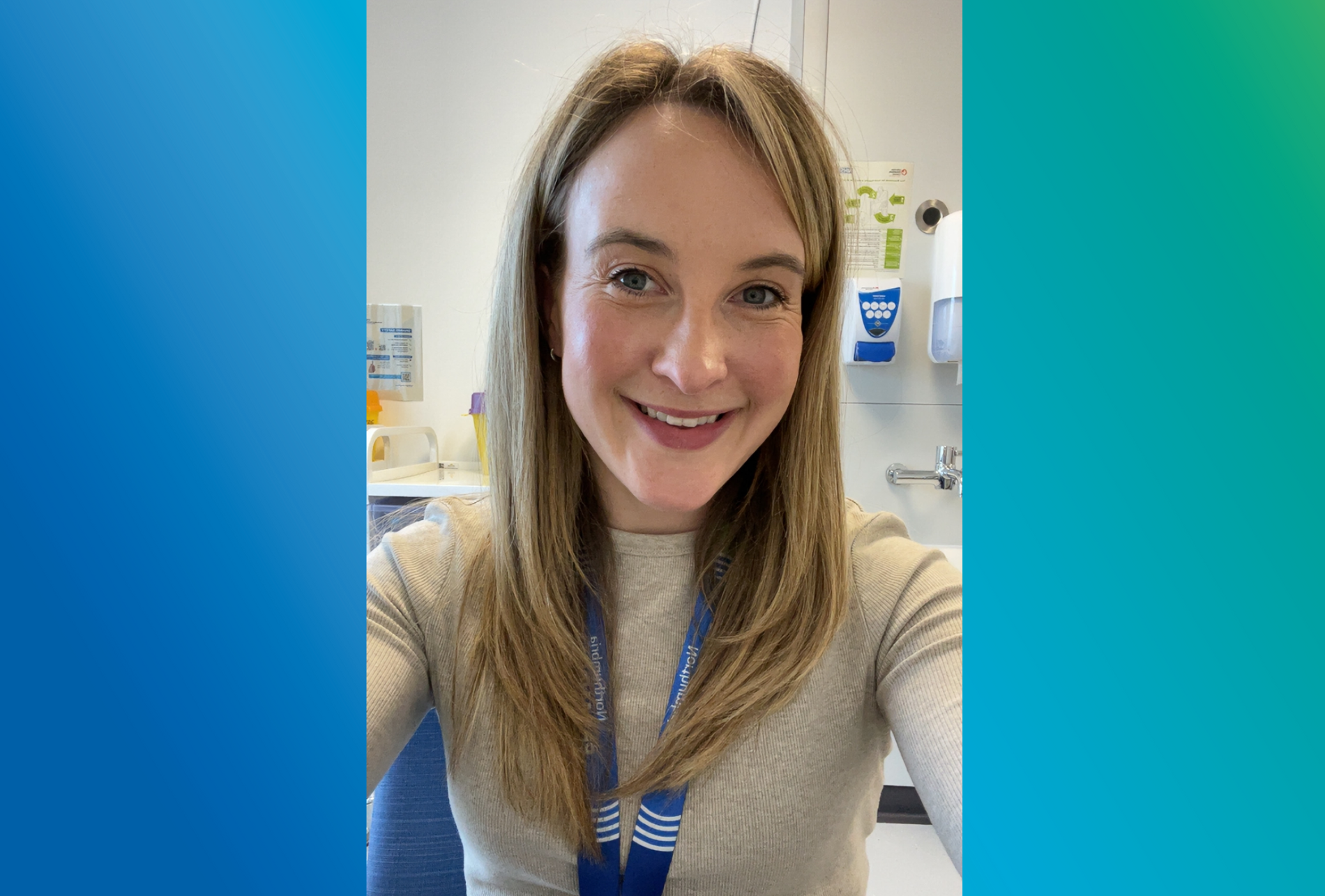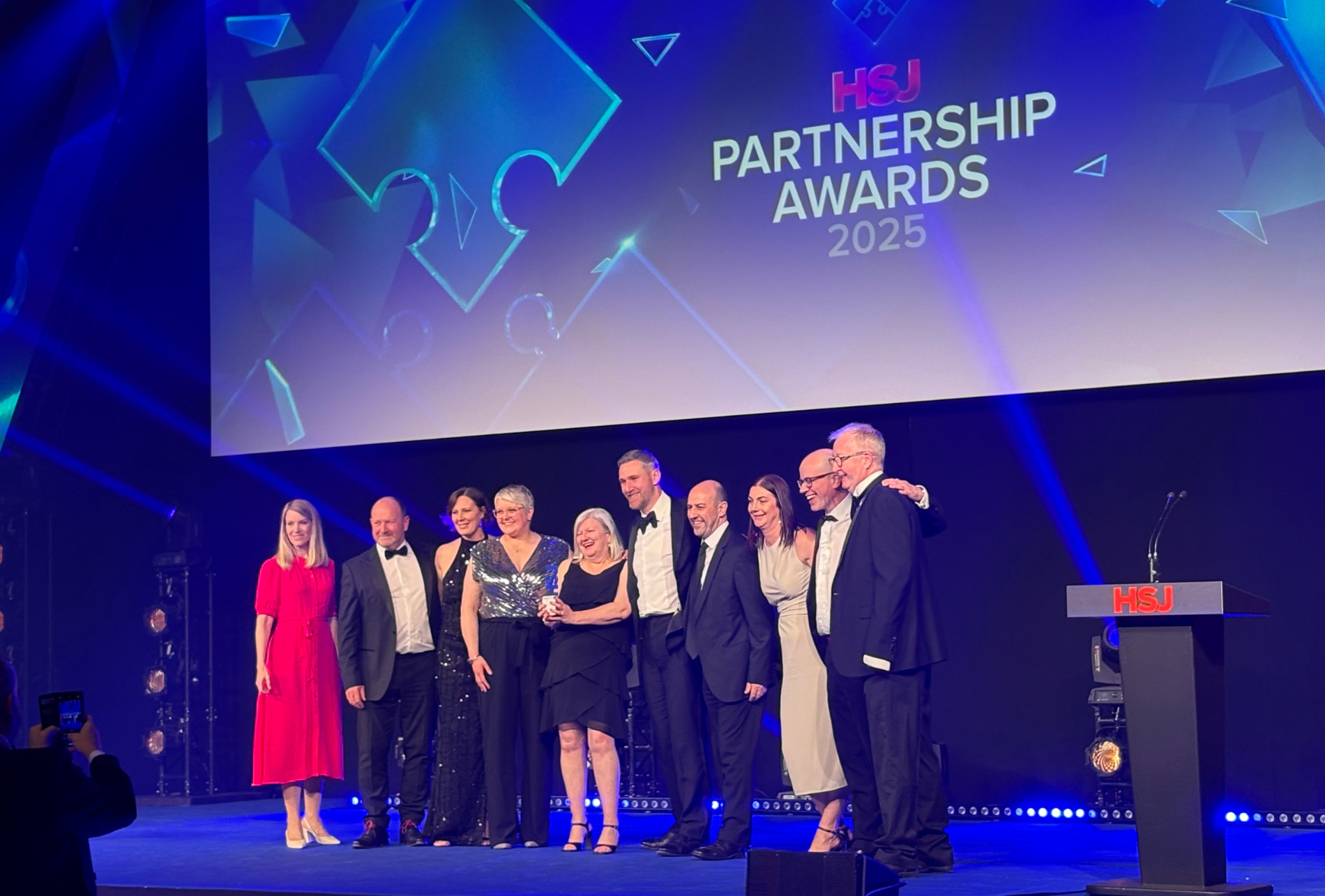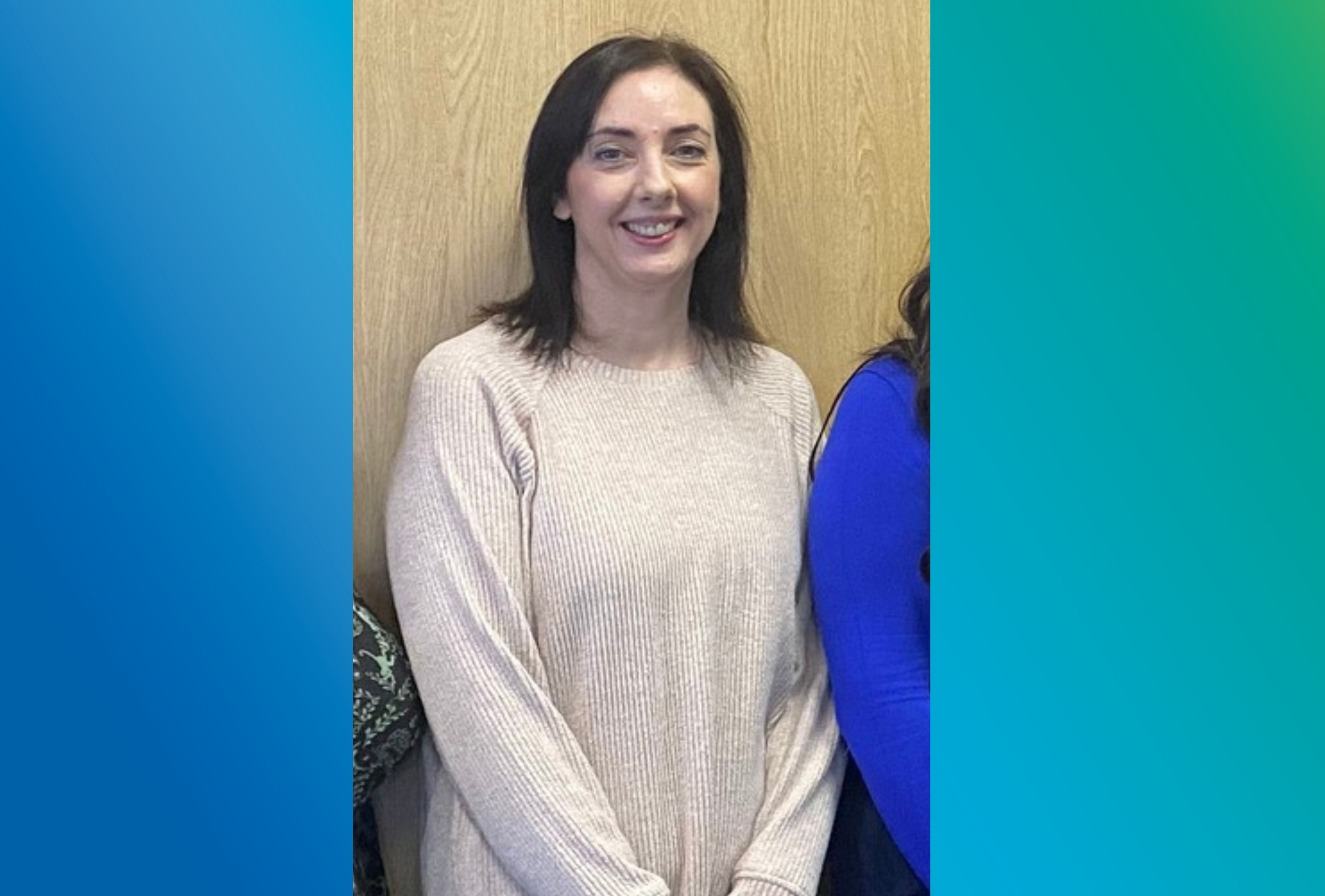When most people think of a paramedic, they won’t usually think of a GP practice. Traditionally, the role of a paramedic has been reserved for the ambulance; providing emergency care to patients in urgent need of aid. However, recent years have seen more and more paramedics move towards the world of general practice.
Matt Curtis-Holloway is one of our brilliant paramedics. We sat down with him to find out about his background, the role of paramedics in general practice and why he loves his job.
Hi Matt, can you tell us a bit about your background?
When I finished school, I spent a year at college before joining the army. I undertook an engineering apprenticeship with the Royal Electrical and Mechanical Engineers (REME); Once I’d completed my trade training and been posted to my unit, I repaired Lynx and Gazelle helicopters. This included a 6-month operational tour of Northern Ireland. I left in 1998 and decided to look for something outside of the engineering world and eventually landed in recruitment.
What drew you to being a paramedic?
After 6 years in recruitment, I realised that I wanted a career again with real progression. Luckily, a couple of my neighbours were Paramedics and they encouraged me to explore the possibility of pursuing it.
A lot of people who leave the armed forces become paramedics. I think it’s rooted in the desire to make a difference and help people. It’s a very similar mindset to the military so it felt like a natural progression.
How did your career as a paramedic start?
I started with a two-year foundation degree in Paramedic Science and completed Clinical Mentorship and Enhanced Care courses at bachelor’s level to help me progress. After a little while, I felt that I’d hit a ceiling and wasn’t finding much scope for clinical and professional development. This led me to come “off the road” and move into the world of primary care, largely working at urgent treatment centres. I really enjoyed my time at the UTCs, but re-joined the ambulance service in a much more specialised role that eventually led me to General Practice!

How did that transition go?
Well, I started in a role where I was paired with an occupational therapist on the road, helping reduce hospital admissions among elderly patients. On one of our callouts, I found myself with a patient who didn’t require hospital admission but did need their bloods doing. I contacted their GP and offered to take their blood and, knowing the pressures in General Practice, deliver them to the practice for testing. When I was dropping them off, I got speaking with the senior partner of the practice about the role of Paramedics in primary care and, after some discussions, they offered me a job!
Since then, I have worked at several different GP practices in the region and started a Master’s degree in Advanced Clinical Practice. At my previous surgery, I undertook a managerial role and found my scope of practice was becoming diluted. Based on this I decided it was time to look for somewhere new, taking locum work at GP practices in the meantime. From there I ended up getting in touch with Dr Will Tufton, June Kelly and Tina Bennett from Nelson Medical Group and I was instantly sold on NPC.
What drew you to NPC?
I liked their familial approach to General Practice. When I was undertaking my research on the organisation, it was clear that the patient was the main focus of everything that NPC was doing. I take pride in the fact that my work helps people and I know NPC shares that value.
NPC is a very progressive organisation that’s receptive to ideas from people in all roles. Collaborative working is key and the collective mind shares skills and resources with the goal of improving care for patients across practices. Everyone exists as an individual personality but works together for the greater good.
Within NPC there’s also a real focus on personal and professional development. For example, I’m now in the final year of my Master’s and have been encouraged to develop an NPC-wide minor-surgery service. There’s a culture that values progression and allows people to build their knowledge and gain experience in areas they might not have thought of. That’s great for the individual, but it also creates well-rounded and engaged staff that provide better care for patients.
What do you like about being a paramedic in general practice?
I love that working in general practice allows me to contribute to the continuity of patient care. When you’re an ambulance paramedic, it can be hard to provide care to a patient and then hand them over to the hospital, not knowing the eventual outcome. In general practice, I work with patients over a long period of time. I get to know them, I learn about their lives and their conditions and I can, hopefully, improve their situation.
Being in a GP practice also means that you get the opportunity to be more analytical. When you’re “on the road” you’re generally responding to emergency situations where you have obvious problems that require immediate care. In my role, there’s a lot more problem-solving. I’m dealing with multiple and complex issues on a daily basis; assessing, investigating, managing, prescribing, treating, or sometimes referring. The support from the GPs around me is second to none.
What would you say to someone who’s considering becoming a general practice paramedic?
Firstly, I’d tell them to serve their time on the road. Make sure that you have the basics of being an emergency paramedic down, but also consider and understand how your skills can transfer into primary care. Always pay attention to your patient’s holistic needs and think about how their underlying issues may impact their care and lead them to emergency situations.
I’d also stress the absolute importance of professional development. Make sure that you’re taking every opportunity possible to expand your knowledge and grow your skillset. Spend time in other departments or chat with other paramedics that have diversified. Get on an Advanced Clinical Skills course as soon as you can and start considering your pharmacological knowledge from the perspective of prescribing. Be open to new experiences, especially those that take you out of your comfort zone.
Most importantly though, be actively interested in your patients and the privilege that your role affords you in their care. At the end of the day, they’re the most important people and everything you do should revolve around providing them with the highest level of care you can.
Outside of work, what do you enjoy doing?
Mainly, I like spending time with my wife and children! We get out and about a lot; I’ve found the outdoors is brilliant for my mental wellbeing and clearing my head. I’ve actually been converting a bright yellow ex-AA van into a campervan so we can spend even more time in nature.
I’ve also got a keen interest in videography and editing. As an extension of this, I fly a drone that I use for aerial photography.
Thanks, Matt!
Are you interested in a career with Northumbria Primary Care? We’re always looking for talented and hard-working people to join our teams. Head over to the Working For Us page to find out more!
Latest Posts

Meet our Research Nurse, Samantha Hamilton
For the next instalment of Our NPC Team series, we explored the role of a research nurse. Samantha joined NPC in June last year, brining a variety of experience with her in primary and secondary care nursing.

HSJ Partnership Award success for state-of-the-art Health and Care Academy
The Northumbria Health and Care Academy has won a top national award, recognising the collaboration behind what is one of the only facilities of its kind in the country.

Meet our Lead Nurse for our West Northumberland Neighbourhood, Naomi Toothill
For the second instalment of Our NPC Team for 2025, we dive into the world of primary care nursing. Our nurses play a key role in primary care, often being the first point of contact for patients and vital in promoting health and wellness.

